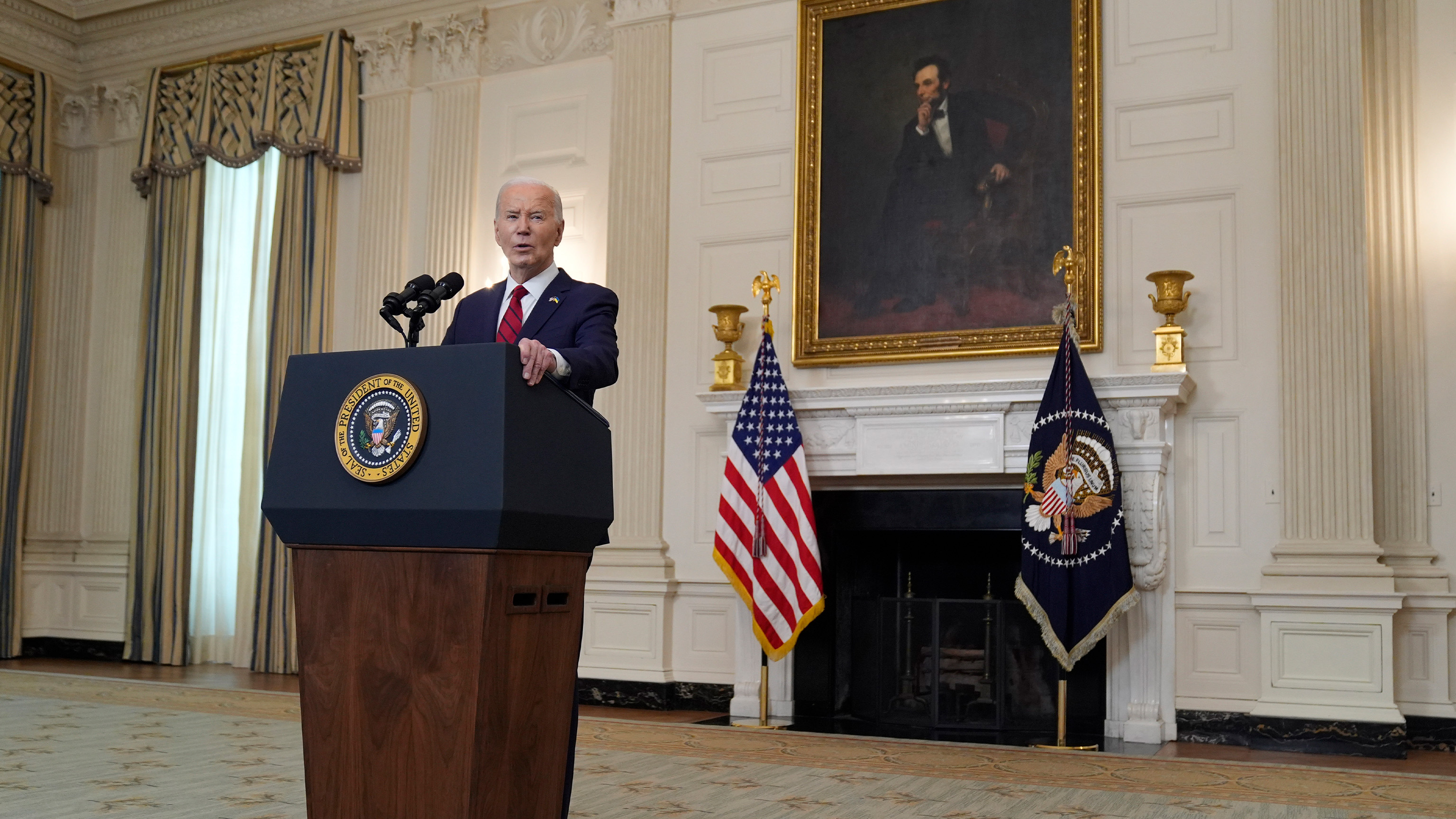Fear factor high for farm community as President Trump announces immigration ban
FRESNO, Calif. (KFSN) -- Hours after President Trump announced a temporary ban on immigration into the U.S., the details are still unclear, and an uncomfortable and uncertain crisis has added a new concern for Valley farmers.
"There is definitely a fear factor," said farmer Joe Del Bosque of Del Bosque Farms.
RELATED: Coronavirus in the US: Trump announces green card restrictions because of coronavirus
The faces you see in fields across the Central Valley are often the same, year after year. The work is specialized, perfected after several seasons tending to the same crops.
Farmers don't expect an immigration ban to change the demographics of their workforce.
"It's extraordinarily unlikely that we would see many individuals that would all of the sudden pick up farm work," said Fresno County Farm Bureau CEO Ryan Jacobsen. "We are very fortunate that the way this COVID situation started, it was during the slower time here for the Central Valley and California agriculture. But that's going to change quickly here over the next four to six weeks."
In western Fresno County, Joe Del Bosque is just finishing a harvest.
"You can see right here we got some asparagus," he showed us during an interview via WhatsApp.
But he has a lot more to go this year. Stone fruits, melons, and tomatoes are some of the crops hand-picked, and usually by a mostly immigrant workforce.
Del Bosque was already worried the coronavirus could thin his labor supply. The president's announcement of a temporary ban on immigration because of the coronavirus is Del Bosque's latest concern.
"Is it going to stop our agricultural workers from coming into the country because they're essential for us?" he wonders.
Ag lobbyists went right to work on getting a farmworker's exemption to the immigration ban.
Jacobsen says an exemption for H-2A visas, allowing guest workers to keep coming to the U.S. for work, should ease the minds of most Central Valley farmers.
"A great majority of our workforce are locally based, but there is a very small component that is H-2A employees that come from foreign countries. We do expect that to continue."
But critics in the Latino community say the president's executive order won't really change much. Because of the coronavirus, the borders with Mexico and Canada were already closed to nonessential travel.
Critics say the immigration ban delivers a new round of division and fear from a president looking to distract from his failures.
"The president really should be taking cues from California on providing hope for our communities, putting together teams to prepare for the election and get ready to reopen the economy," said Samuel Molina the California state director of Mi Familia Vota, a national civic engagement organization.
Farms alone contribute about 1% of the country's entire gross domestic product, but the coronavirus crisis is chipping away at farmers' confidence that this season will live up to its potential.
For more news coverage on the coronavirus and COVID-19 go to ABC30.com/coronavirus








